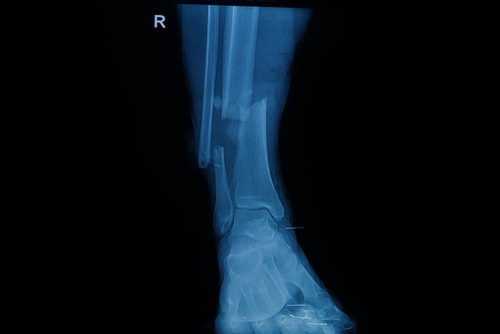Takeaway
- Physicians overall are at lower risk for developing diabetes mellitus (DM) than the general population, but emergency physicians and surgeons may be at greater risk than other specialists.
Why this matters
- Heavy workloads and rotating night shifts may contribute to insufficient physical activity and unhealthy diets, both increasing the risk for DM.
Study design
- From Taiwan National Health Insurance Research Database: 28,440 physicians (85.3% male) identified and matched 1:2 by age and sex with general population comparators, 2007-2013.
- Funding: None.
Key results
- Compared with general population:
- More physicians had:
- Hypertension: 20.0% vs 18.9% (P<.001); and
- Hyperlipidaemia: 19.3% vs 13.7% (P<.001).
- Fewer had:
- Coronary artery disease: 5.4% vs 6.0% (P<.001); and
- Congestive heart failure : 0.5% vs 1.1% (P<.001).
- After adjustment for hypertension, hyperlipidaemia, hyperuricaemia, coronary artery disease, congestive heart failure, hyperthyroidism, hypothyroidism, and polycystic ovary syndrome, physicians had lower diabetes risk than the general population (aOR, 0.75; 95% CI, 0.68-0.82).
- Emergency medicine physicians (aOR, 2.21; 95% CI, 1.44-3.40) and surgeons (1.26; 1.05-1.52) had higher diabetes risk than other specialists.
Limitations
- Some diabetes risk factors, including BMI, lifestyle, and family history, not considered.
- No data on occupational risk factors such as stress and night shifts.
- Short follow-up (6 years).
- All-Taiwanese population.
References
References



